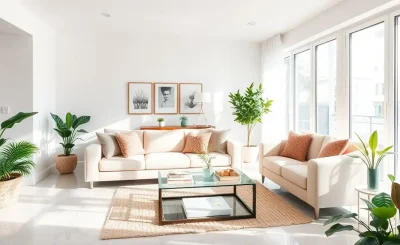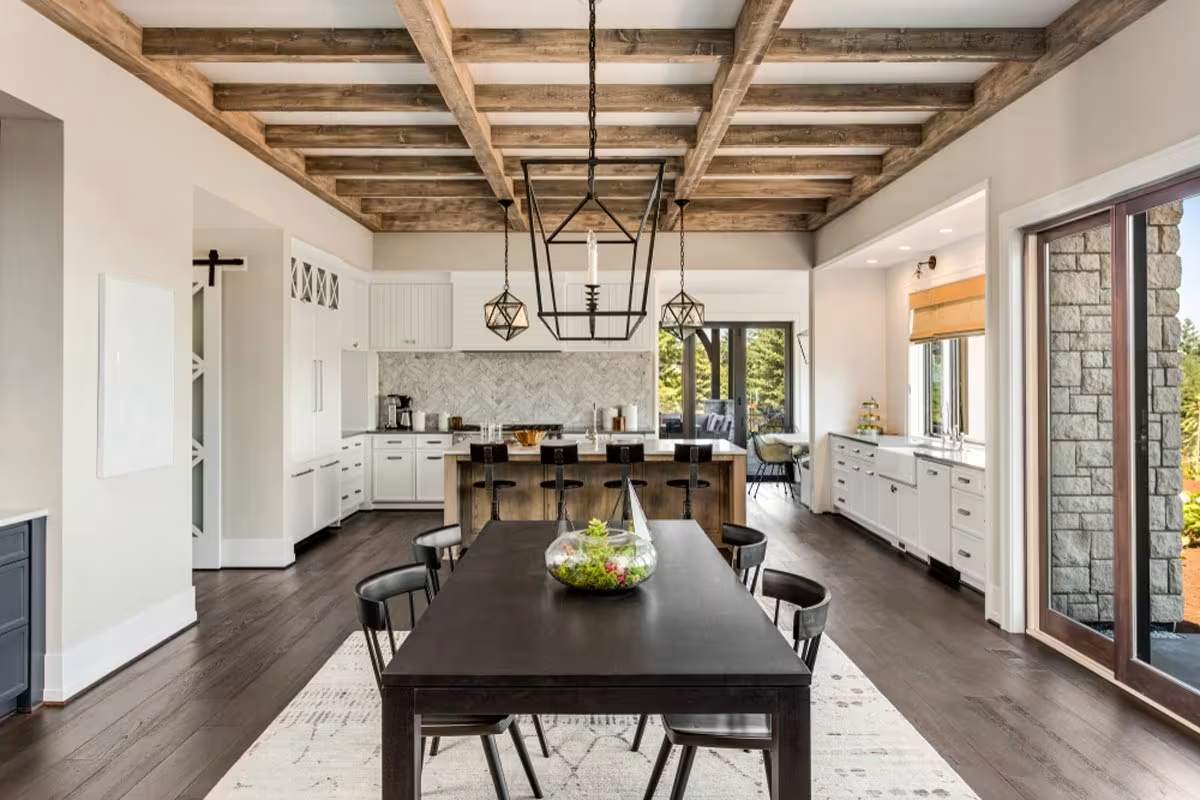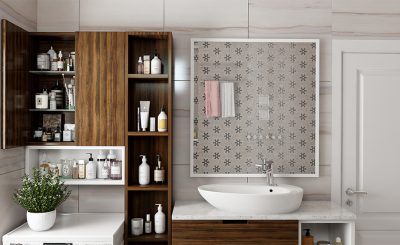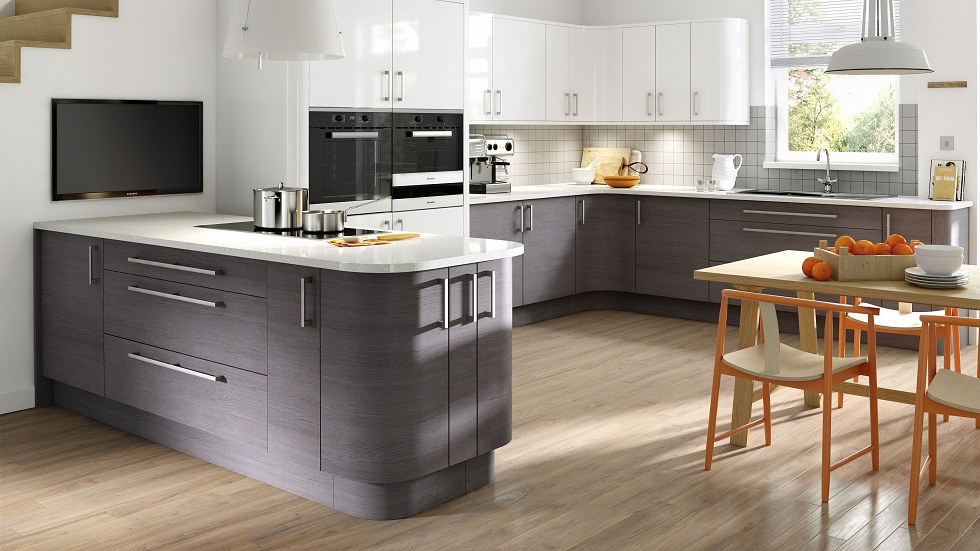Transform Your Bedroom into a Haven for Restful Nights
To transform your bedroom into a haven for restful nights, attention to detail in design is key—an integration of serene color schemes, soft, inviting textures, optimal lighting that follows the natural progression from day to night, and minimal clutter. Each element synergistically enhances the mood, comfort, and overall sleep quality, ensuring the bedroom truly becomes a sacred sanctuary for both physical and mental rejuvenation, embodying tranquility and fostering well-being.
Designing for Relaxation
To craft a bedroom oasis conducive to relaxation, start by selecting color palettes that calm the mind—think the gentle tones of lavender, the subtle green of sage, and the earthy tranquility of muted hues, all chosen to foster peace and serenity. Incorporate textures that invite touch, such as the luxury of plush rugs, velvety cushions, and soft, breathable linens that welcome you into comfort at day’s end. Adopt a minimalist approach in decor to clear the clutter, which in turn clears the mind, using clean-lined furniture and a few select, meaningful decorations to simplify and refine your space into a serene retreat that nurtures relaxation and renewal.
Optimizing Sleep Quality
For enhanced sleep quality, it’s essential to cultivate a soothing environment. Begin by adjusting your bedroom’s illumination with dimmable or warm lighting to recreate the calming effect of a sunset, complemented by heavyweight blackout curtains to eliminate intrusive light. To ensure a sound, uninterrupted slumber, consider utilizing heavy draperies or installing acoustic panels to dampen noise, alongside white noise devices or apps emitting serene sounds like rainfall or ocean waves. Additionally, maintaining a cooler room temperature, ideally ranging between 60-67°F (15.6-19.4°C), facilitates a restful night’s sleep. Employing a programmable thermostat to regulate this ideal temperature, paired with choosing bedding made from breathable, natural materials can prevent overheating, ultimately enhancing your overall sleep experience and positively affecting your health, mood, and daily efficiency.
Furniture Arrangement
The design of your bedroom is key for both function and style, offering practical and aesthetic advantages. Placing your bed against a solid wall adds stability and promotes better sleep by improving the room’s energy, according to Feng Shui principles. To enhance your bedroom’s layout, opt for multifunctional furniture like storage ottomans for added seating and storage, helping to minimize clutter. Use nightstands with drawers to keep essentials within reach and the space organized. Divide the room into specific zones for sleep, relaxation, and work (if needed) to clarify the room’s purpose. This zoning creates a balanced environment for either relaxation or focus. By applying these tips, you boost your bedroom’s functionality and style, making it a conducive space for wellness and productivity.
Personalized Comfort
To forge a truly restful sanctuary, paying close attention to personalized comfort in your choice of bedding is crucial. Ensuring the mattress is of the ideal firmness can cater to your body’s needs, supporting correct spinal alignment and easing pressure points to enhance both comfort and sleep quality. Pillows should complement your sleeping position—be it side, back, or stomach—to mitigate neck strain and optimize your rest. Opt for bedding crafted from luxurious materials like Egyptian cotton or bamboo for their superior softness and breathability. These selections are not only about indulging in comfort but also investing in durability, making your bedroom a perennial oasis for blissful, rejuvenating sleep.
Decluttering and Organization
A clutter-free bedroom is key to peace, boosting relaxation and serenity. Use efficient storage like under-bed bins for bedding or seasonal clothes, wardrobe organizers, and floating shelves for a tidy space. Make your bedroom a tech-free zone to encourage digital detox, minimizing screen time and fostering calm before sleep for better rest. Opt for minimalism in decor, choosing items that add joy and tranquility. Soft lighting, comfortable bedding, and soothing colors can turn your bedroom into a serene sanctuary, promoting rest and rejuvenation.
Sensory Enhancements
To elevate your bedroom into a tranquil haven that enriches sleep quality and overall well-being, focus on nurturing the senses for ultimate relaxation. Incorporate aromatherapy with essential oils such as lavender, chamomile, and cedarwood to infuse the space with calming fragrances, aiding stress relief and a peaceful state of mind. Complement this with a backdrop of ambient sounds—whether it’s the gentle patter of rain, the rhythmic crashing of ocean waves, or soft melodies—to foster a soothing atmosphere conducive to deep sleep. Furthermore, invest in a premium mattress and luxuriously soft, breathable bedding to enhance the tactile experience, ensuring maximum comfort and support throughout the night. Together, these sensory enhancements create a serene retreat that promotes rejuvenation and happiness.
Christianity, Sacred Sleep, and the Jubilee 2025: Pilgrims of Hope
In the context of Christian faith, sleep is appreciated not only for its restorative benefits for the body but also as a time for spiritual restoration in communion with God. With the Jubilee 2025 on the horizon, carrying the theme “Pilgrims of Hope,” it beckons Christians to walk this pilgrimage with optimism and peace, guided by divine providence towards a hopeful future. In preparation, believers are encouraged to weave the essence of this pilgrimage into their everyday lives by adorning symbols such as the Jubilee 2025 emblem on clothing, crosses, and jewelry, alongside sacred articles like Rosary Necklaces and St. Benedict medals, infusing their sleep with spiritual significance. This practice transforms rest into a reflective pause, aligning with the spirit of the Jubilee and reinforcing a night’s repose as an act of faith and renewal, paving the way for participation in a global celebration of hope.
Tech-Free Zone
The widespread use of electronic devices like smartphones and tablets in bedrooms is a major barrier to restful sleep. The blue light they emit can interfere with melatonin production, essential for sleep. Creating an electronics-free sanctuary is crucial for a calm sleep environment. Implementing a digital curfew an hour before bed helps signal your body it’s time to relax. Engaging in screen-free activities such as reading, journaling, or gentle stretching and meditation before bed can enhance relaxation and mental clarity. These habits help ease the transition to sleep, improving your pre-sleep routine and the quality of your rest.
Creating a Nighttime Routine:
Establishing a soothing bedtime routine is key for a peaceful night’s sleep. Trying relaxation techniques like deep breathing can lower your heart rate and calm your mind. Progressive muscle relaxation, which involves tensing and releasing muscle groups, helps relieve physical tension. Guided meditation is great for unwinding and shifting focus from daily stress to peace. Activities such as reading a gentle book or listening to soft music can also enhance relaxation. These practices help reduce stress and improve sleep quality by preparing your body and mind for rest.

















